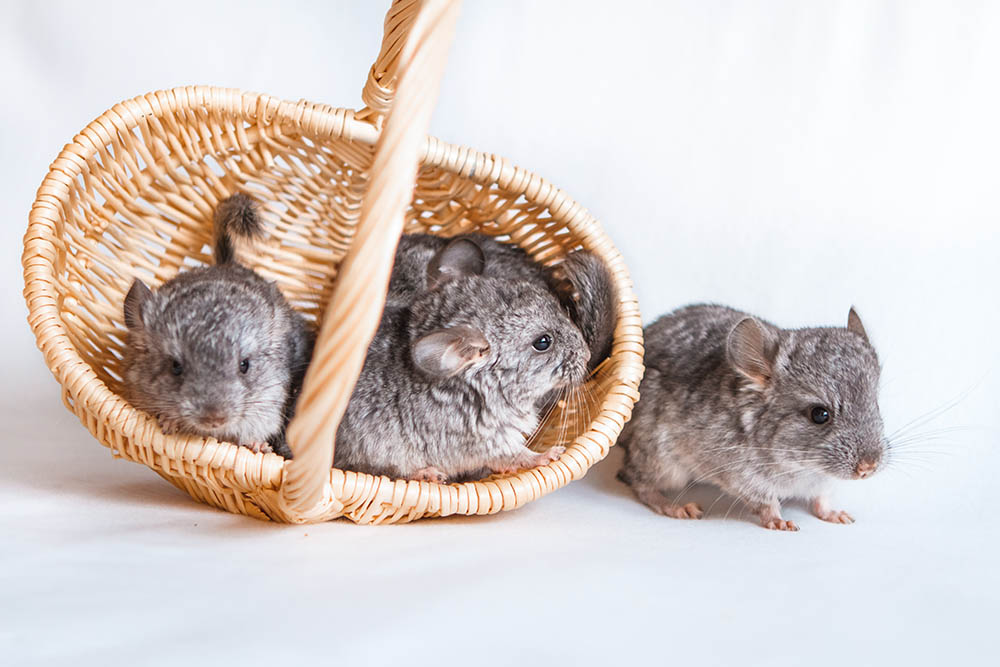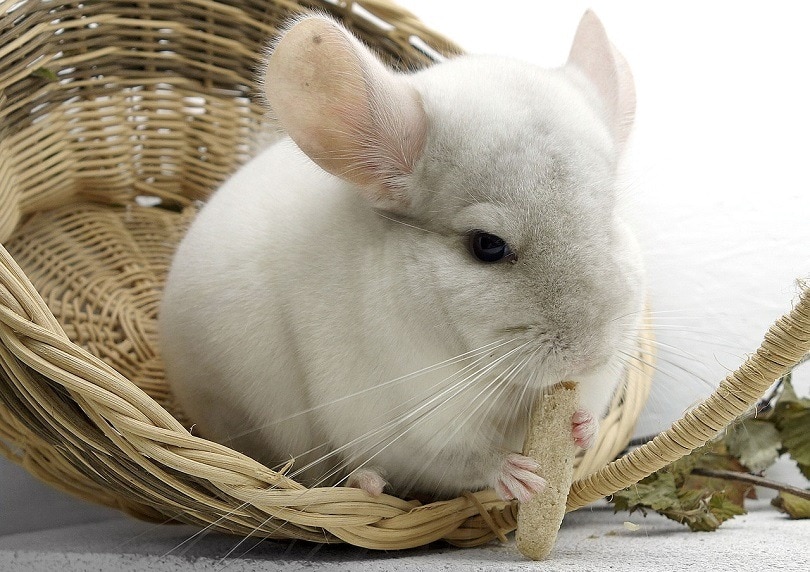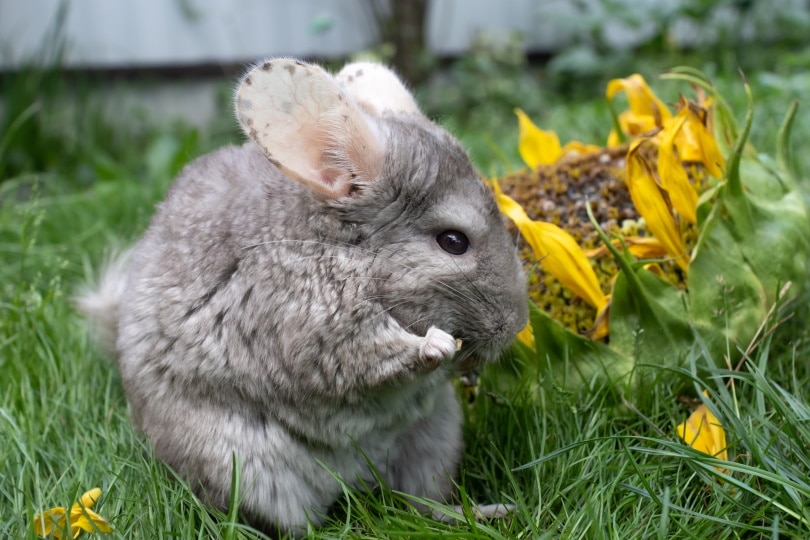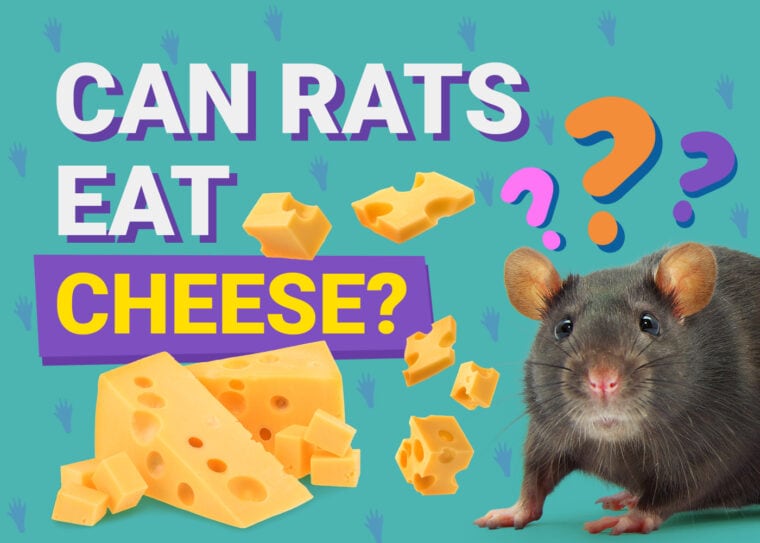
It could be thanks to old cartoons, but many of us were raised to think that mice love cheese. These critters are constantly depicted with a nice hunk of Swiss cheese, enjoying a good nosh with a big smile. But can mice eat cheese? Or, better yet, do they even like it?
The answer is—yes, mice can eat cheese, but they probably shouldn’t. To add, most of them probably won’t show much of an interest anyway—contrary to everything you learned from Tom and Jerry. Let’s find out why.
Natural Mouse Diet
Mice are natural scavengers that get into just about anything. We’ve all experienced a mouse in our cabinets, pantries, or barns, chewing up just about anything they can get their little hands on.
A mouse has a diet that mainly consists of plants, corn, fruit, roots, and sometimes tree bark in the wild. If keeping a mouse as a pet, you should have a blend specifically designed for your mouse that includes all necessary nutrients in it.
Since mice have incisors, it’s a good idea to give them a diet that naturally files down their teeth—such as commercial block. Plus, since mice pick through what they want, it forces them to eat all necessary vitamins and minerals.
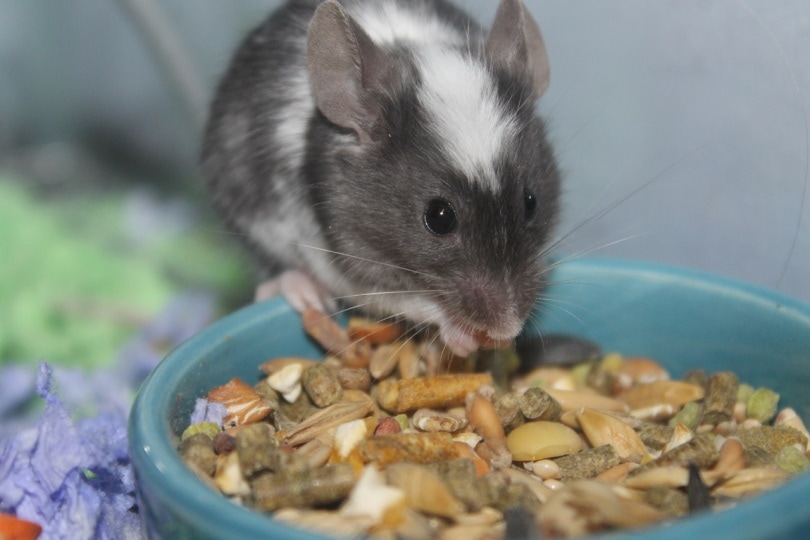
Where Does Cheese Fit In?
Cheese is a manufactured item that is formed from animal milk and cultures. Even though mice might eat it, it isn’t part of their standard diet. Mice prefer other snacks, like sweet treats, over cheese most of the time.
In fact, if any other food is available to a mouse, they will be much more likely to pick another snack. But even if they do gravitate toward cheese, you should always monitor just how much your mouse eats.
Types of Dairy Cheese
Does the type of cheese matter as far as what will attract a mouse? Interestingly, mice are more likely to avoid more pungent cheeses like sharp cheddar, Limburger, gorgonzola, and muenster. They are more likely to pick something mild like Colby or mozzarella.
In any case, mice are much more likely to snub their nose at dairy-based cheeses. These items don’t attract mice as much as a scoop of peanut butter on a trap will, despite what you might have seen in cartoons.
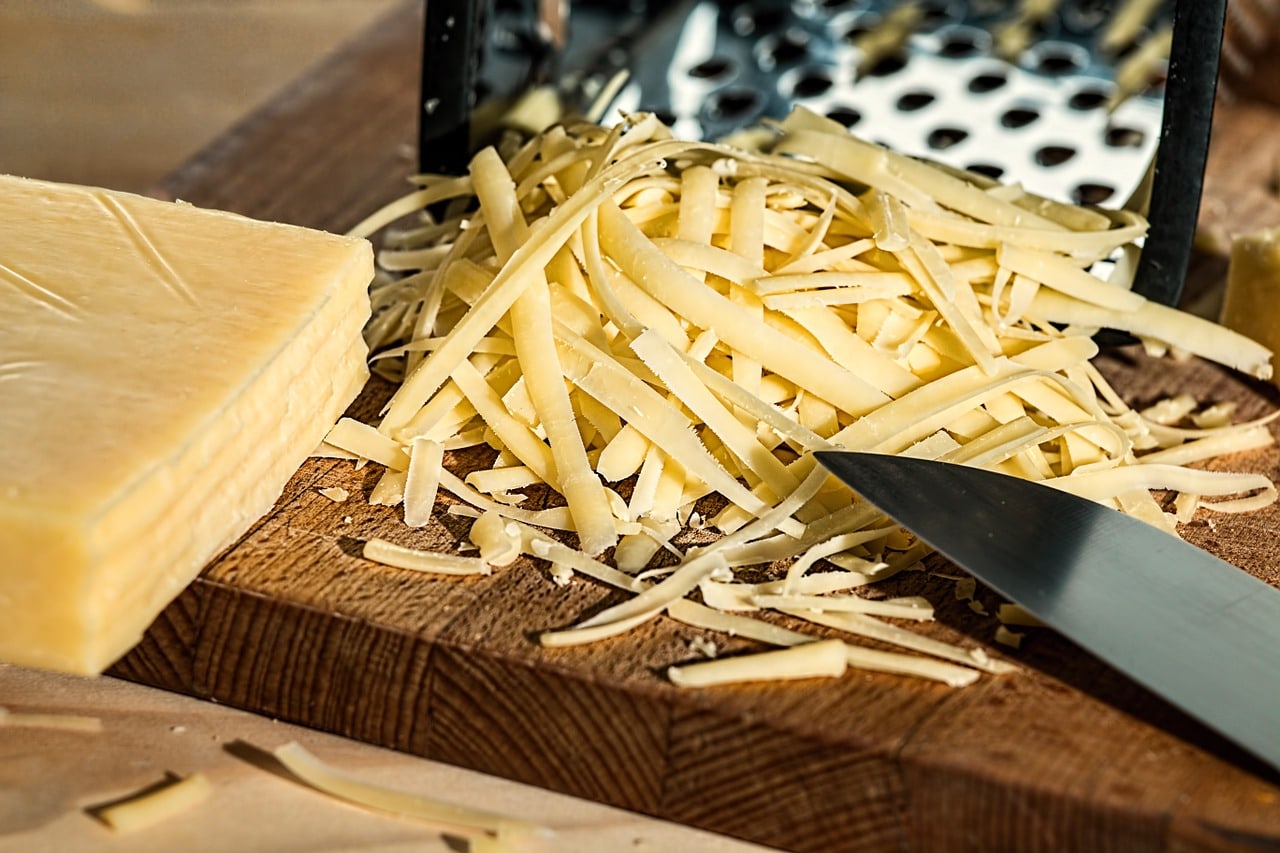
Do Mice Like Vegan Cheeses?
Vegan cheese might be a better selection since it is made of vegetable proteins.
These components are much more appetizing for your mice than dairy cheeses. However, that isn’t true in every case, as some mice still might not prefer the taste.
Serving Your Mouse Cheese
If you do give your mouse cheese, make sure only to give them tiny portions about as big as their hand—and keep servings minimal. Too much cheese can clog their digestive tract and cause gastrointestinal issues.
You should feed your mouse no more than a morsel of cheese per week—and avoid it altogether when you can. Too much fatty food isn’t good for their digestive system, especially items that aren’t part of their natural diet.
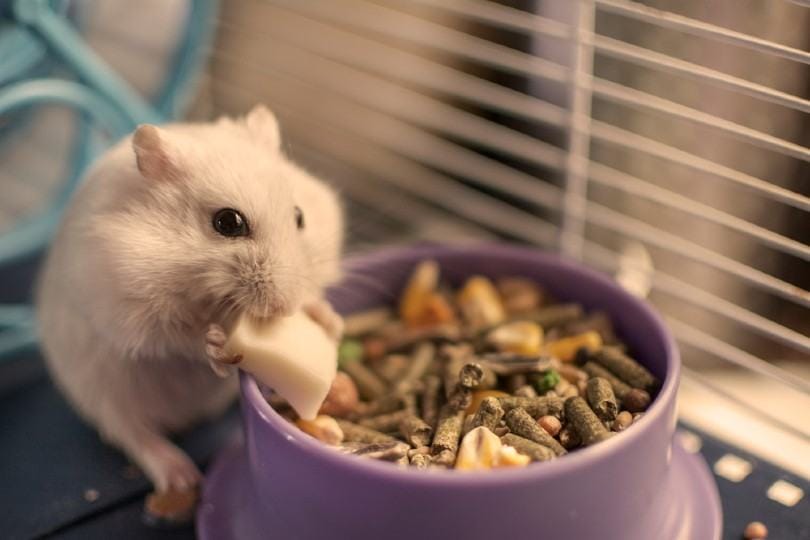
What Snacks Do Mice Prefer?
If you do offer any of these mouse-friendly treats, always serve them in moderation to avoid overeating and excess caloric intake.
Final Thoughts
So, now you know that mice will eat just about anything if they’re hungry enough. However, if they have to choose, they might not be huge fans of the slice of Swiss cheese you put in their cage. Instead, you can give your mouse various fresh foods and grains to keep them fit and healthy.
If your mouse does like cheese, only give it to them occasionally in tiny portions. But good luck getting your mouse to take a second sniff.
See Also:
- How to Take Care of a Pet Rat (Care Sheet & Guide)
- Can Mice Eat Cucumbers? What You Need To Know!
- Can Mice Eat Meat? What You Need to Know!
- What Do Mice Eat in the Wild & as Pets?
Featured Image Credit: AlexKlen, Pixabay



